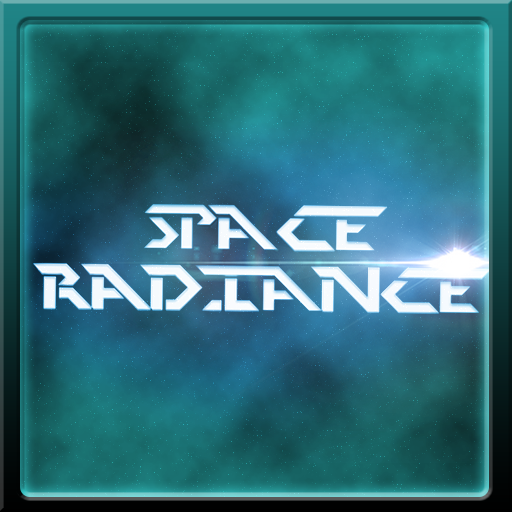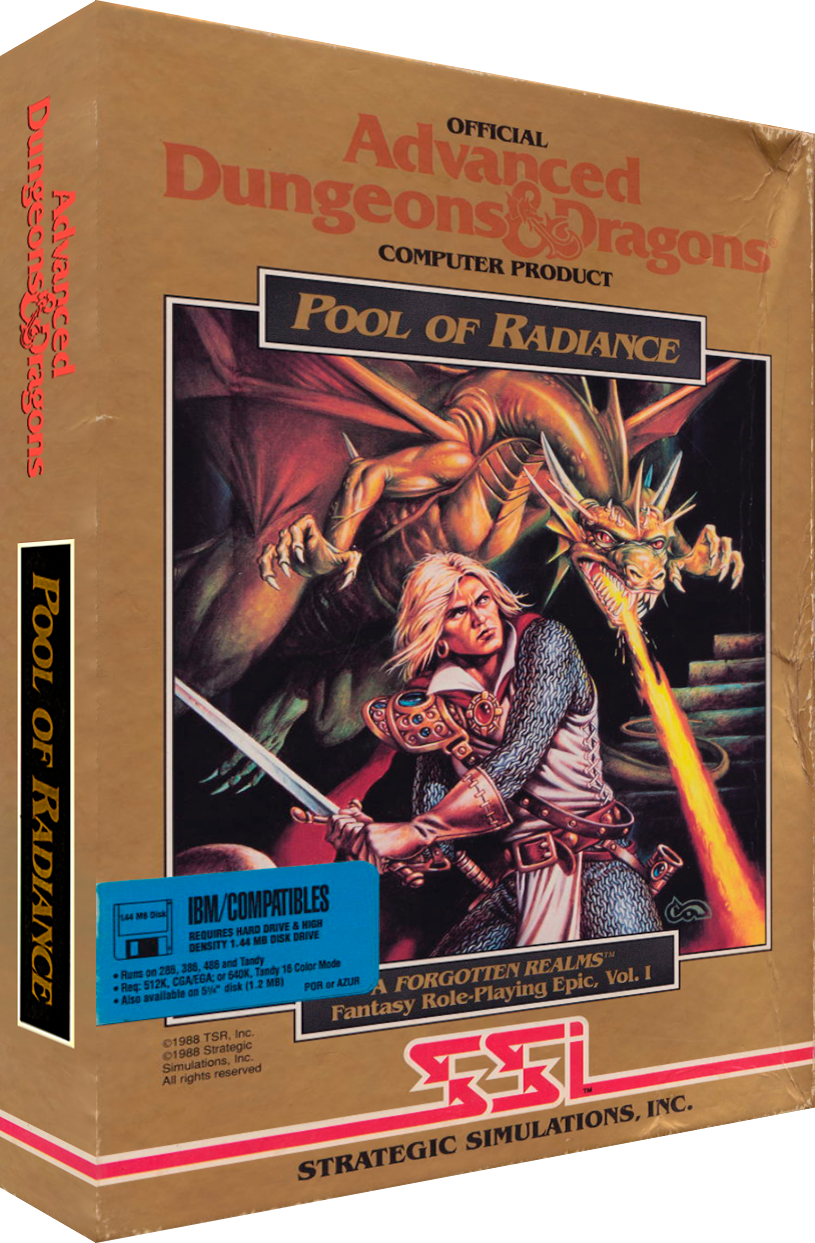

You begin by creating a party of six characters from all six core D&D races (human, dwarf, elf, gnome, half-elf, halfling), both sexes, nine alignments, and four classes (cleric, fighter, magic user, and thief).
#Pool of radiance android dosbox full
The Forgotten Realms Wiki has a full map, which I've included below along with some annotations as to the (rough) relative locations of certain games. One of the satisfying things about replaying this game in the Internet age is that I can finally see where the Moonsea is, relative to other lands of the Forgotten Realms (technically called "Faerûn"). There are a few things not to like-sparse first-person graphics and a tiresome healing process among them-but they're certainly sufferable.Īn advertisement for mercenaries, from the Adventurer's Journal.

It is tactically challenging and reasonably fast-paced. It has a great plot, an extensive game world, and a lot of lore. None of this would be particularly interesting if the gameplay didn't work, but a few hours with Pool of Radiance confirms what I remember: this is an awesome game. Pool of Radiance and its three sequels are all set in the same realm as Eye of the Beholder, Baldur's Gate, Icewind Dale, and Neverwinter Nights, and once you know the geography, races, magics, religions, monsters, and politics of one game, you can use that knowledge in others. ( Heroes of the Lance, released the same year, was a side-scrolling action game.) It showed that D&D-style gameplay, character development, NPCs, and tactics could be adapted to the computer, and it introduced the idea of the "campaign setting" to CRPGs games don't have to be direct sequels to each other to be set in the same world. But Pool of Radiance was the first true CRPG adaptation of the specific D&D rules. To a lesser extent, of course, practically ever fantasy CRPG listed on this blog is a D&D adaptation-just not an officially-licensed one. Wikipedia says that was the PLATO-based dnd, followed by the PDP-10-based Dungeon, two handheld games from Mattel, and an Intellivision game. Pool of Radiance isn't the first D&D adaptation for the computer. But many CRPGs offer worlds that are enormous if not boundless, and this is usually good enough for me. I can't suddenly decide to abandon Baldur's Gate and stalk off towards Silverymoon. The only thing lacking with CRPGs over regular RPGs is a certain amount of open-endedness and flexibility.

You can play with your computer any time you want. If you do have three or four friends who like D&D, you start to wonder about the choices you've made.įor all these reasons, despite its long history as a paper game, D&D has always struck me as a natural computer-based game system. If you don't have three or four friends who like D&D, you end up playing with strangers.There are a million rules and calculations, and the game comes to a standstill every five or six rounds as you roll dice and try to figure out whether your saving throw really applies to this particular use of poison or whatever.If he's too inflexible, say goodbye to your character. If he's too lenient, there's no challenge. If he's too imaginative, the game feels more like he's telling a story than you're playing. There's no suddenly deciding to play at 01:00 when you can't sleep. And you have to mesh your schedule with theirs. Because you're playing with other people, you can't just get up and leave whenever you want.You can easily spend half a dozen sessions getting through a simple module. By the time you get to the location, get settled, open the chips, pour the drinks, get out the paperwork, roll characters for the new players, set up the campaign, and generally stop screwing around, hours have gone by. Pen-and-paper roleplaying takes too damned long.I spent a lot of time trying to figure out why, and these are the best theories I can come up with: I just don't like playing with a real dungeon master and real players. I really enjoy reading D&D rulebooks and modules. I love fantasy novels and fantasy movies. I've played hundreds of hours of D&D-themed computer games. On paper, there's no reason I shouldn't love it. I only ever played about eight or ten sessions of pen-and-paper Dungeons & Dragons, and those were enough for me.


 0 kommentar(er)
0 kommentar(er)
